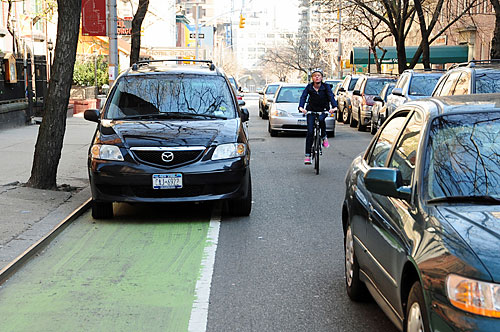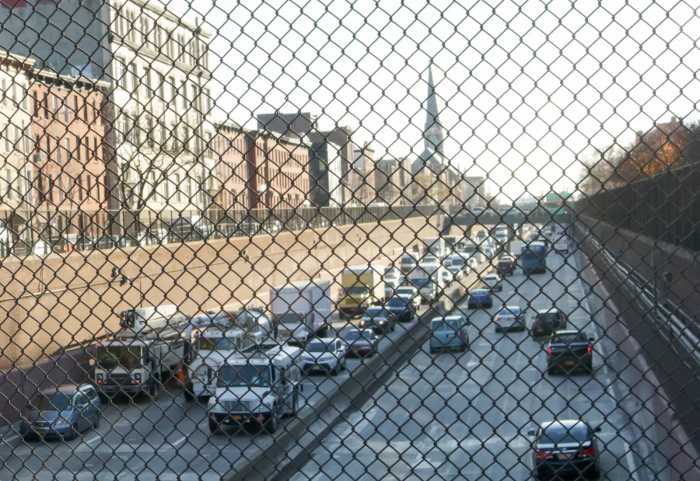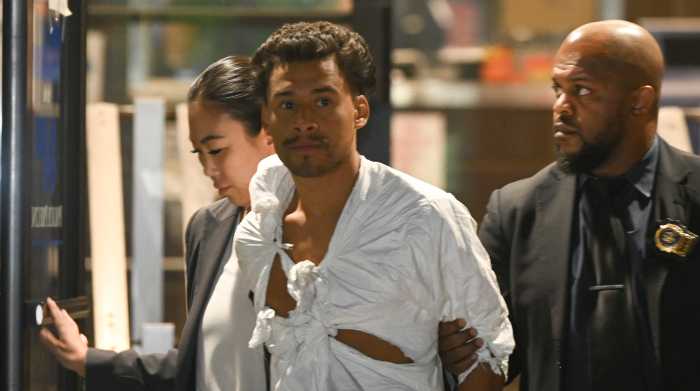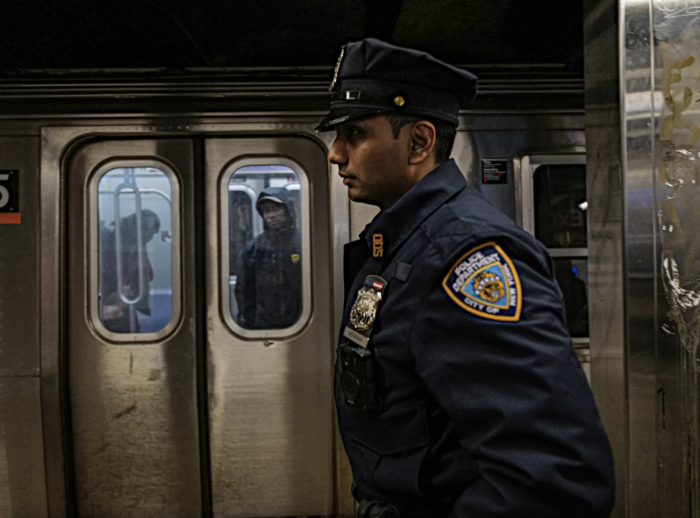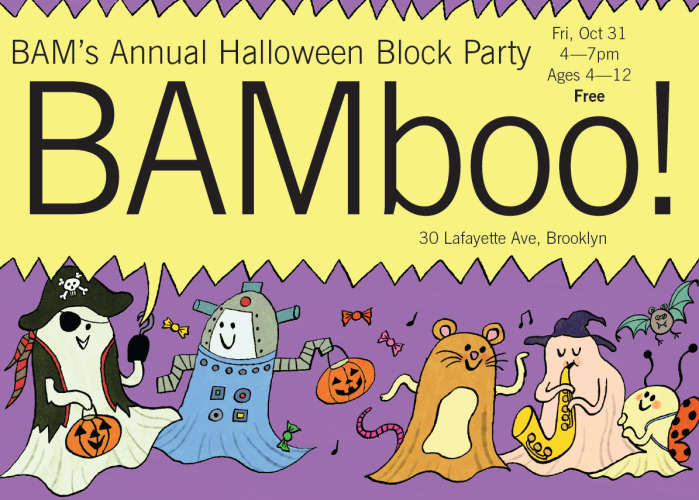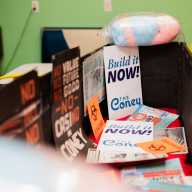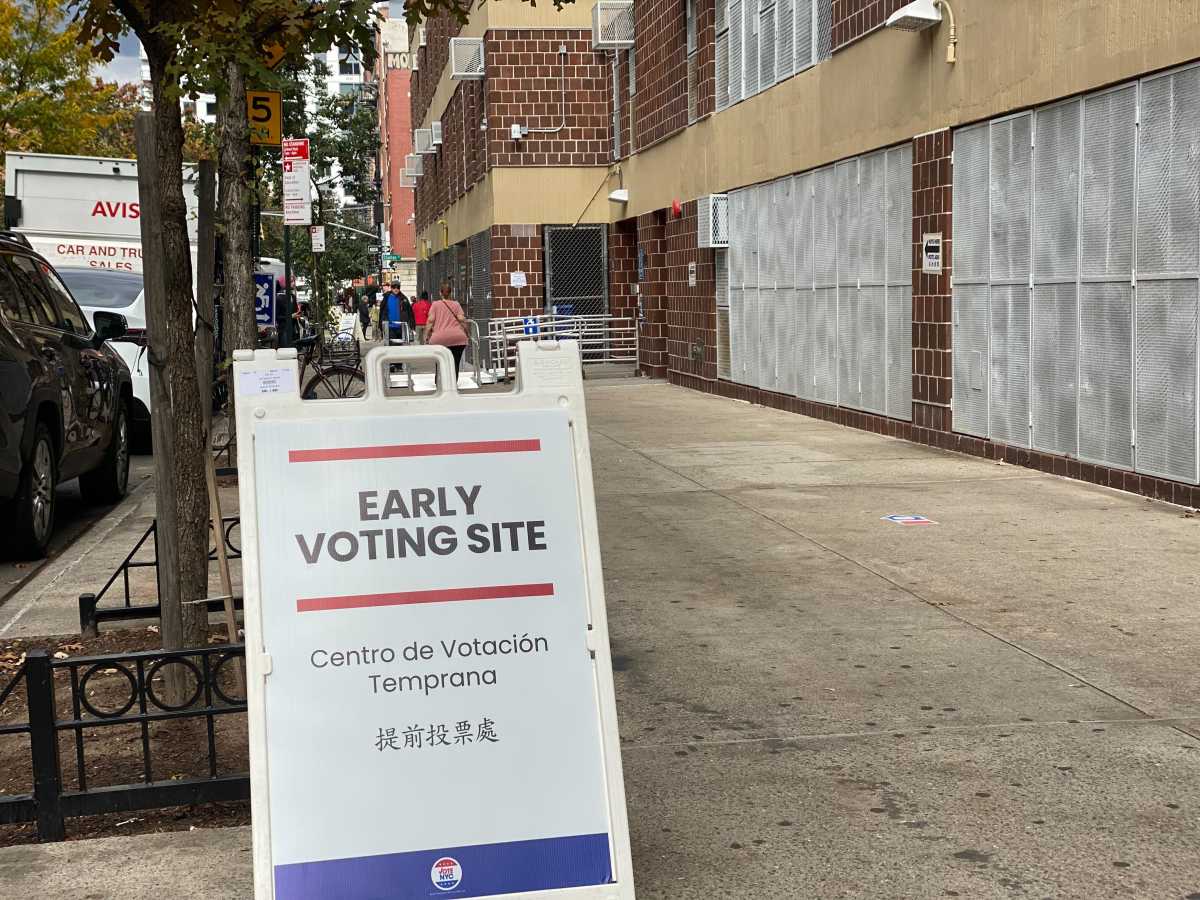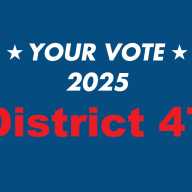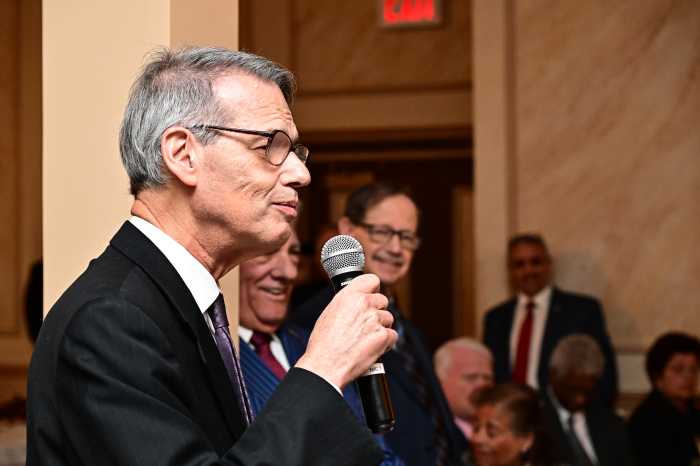The score is settled for parking in Brooklyn Heights: God 1, cyclists 0.
Parishioners at the First Presbyterian Church on Henry Street near Clark Street will continue to be allowed to park in the bike lane during services, thanks to a “compromise” hammered out by Assemblywoman Joan Millman with police officials.
Cyclists, who have complained for years that churchgoers block the bike path, said the “compromise” — which Millman announced at Wednesday night’s Community Board 2 meeting — was anything but.
“This doesn’t sound like a compromise at all — it sounds like you’re letting families illegally park in the bike lane on Sundays,” board member and bicyclists Mike Epstein told Millman. “Why can’t they park legally or use mass transit or alternative transportation like the rest of us do?”
But Millman defended the compromise, which, she said, will limit the bike-lane parking to just 10:30 am to 1 pm on the so-called “Lord’s Day.”
“Hopefully this won’t be much of an inconvenience to bikers,” she said.
When there was continued grousing, Millman replied, “Well, a lot of the choir members are coming from outside the borough” — and then left the meeting.
And “compromise” or not, the church and its Rev. Stephen Phelps aren’t finished with their crusade against cyclists, as made clear by a flier hanging outside the house of worship:
“The 84th Precinct has been under considerable pressure [over] the bike lane,” it reads. “We need to support … this compromise.”
As such, Millman’s deal does not seem to herald the end of the fight over parking outside the church during services, which bike activists and some Heights residents have been calling an accident waiting to happen.
Most cyclists have taken the position that the bike lane is theirs — and it should be theirs all the time. Also, Henry Street is too narrow to ride safely if cars are on both sides of the street.
But churchgoers have argued that there’s simply not enough parking in the neighborhood.


